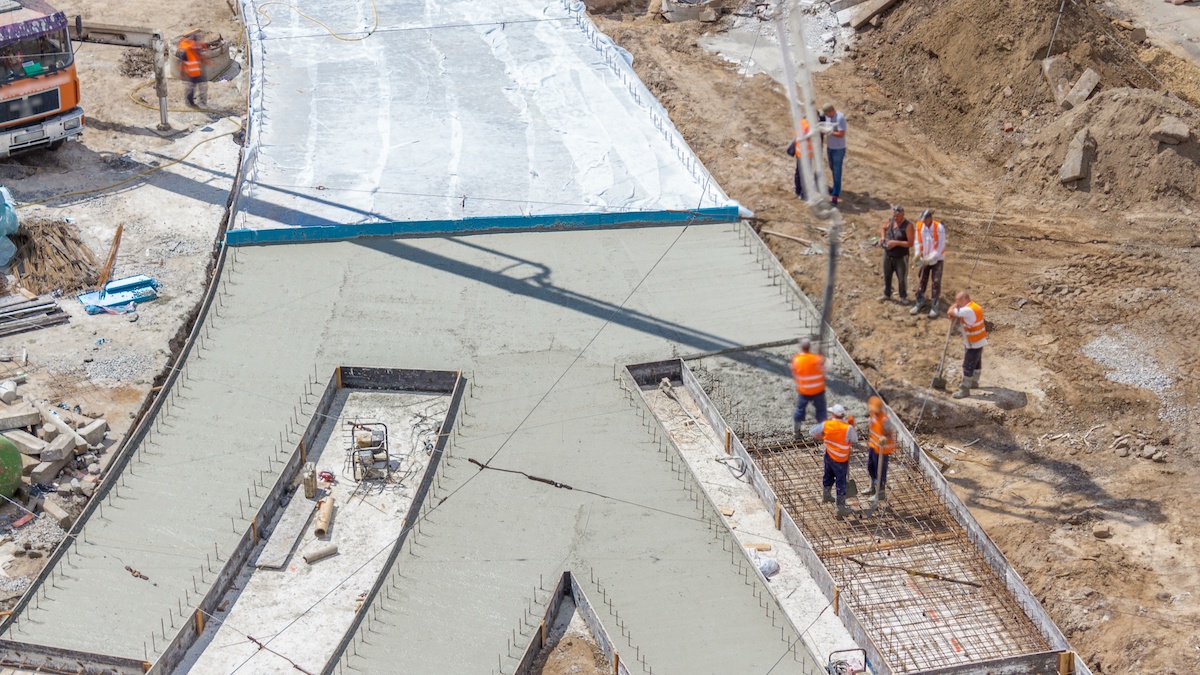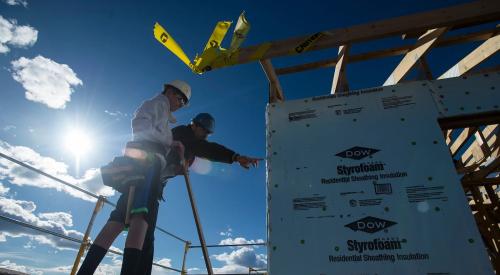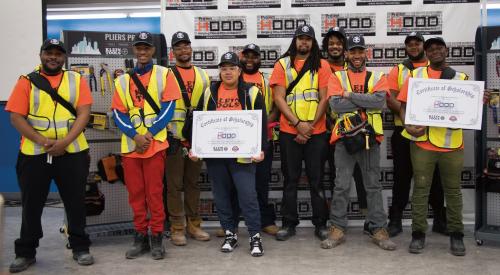With President Biden’s infrastructure bill moving through Congress, some construction companies fear they won’t have enough labor to work on the projects. One construction company vice president says he would be surprised if any firm says they are ready for the bill. A large benefit Biden has touted for his infrastructure plan was the creation of millions of jobs, yet The New York Times says if there is not enough labor to match demand, these efforts will be set back. A recent US Chamber of Commerce survey found that 88% of commercial construction contractors report moderate-to-high levels of difficulty finding skilled workers.
A recent U.S. Chamber of Commerce survey found that 88 percent of commercial construction contractors reported moderate-to-high levels of difficulty finding skilled workers, and more than a third had to turn down work because of labor deficiencies. The industry could face a shortage of at least two million workers through 2025, according to an estimate from Construction Industry Resources, a data firm in Kentucky.
The pandemic has compounded labor shortages, as sectors like construction see a boom in home projects with more people teleworking and moving to the suburbs. Contractors have also faced a scarcity of supplies as prices soared for products like lumber and steel.
Job openings in construction have picked up at a rapid clip after the sector lost more than one million jobs at the beginning of the pandemic. According to an Associated Builders and Contractors analysis, construction job openings have increased by 12 percent from prepandemic levels. But the sector is still down about 232,000 jobs from February 2020, according to data from the Bureau of Labor Statistics.
The issue underscores a perennial challenge for the skilled trades. Not enough young people are entering the sectors, a concern for companies as older workers retire from construction, carpentry and plumbing jobs. And although many skilled trade positions have competitive wages and lower educational barriers to entry, newer generations tend to see a four-year college degree as the default path to success.













